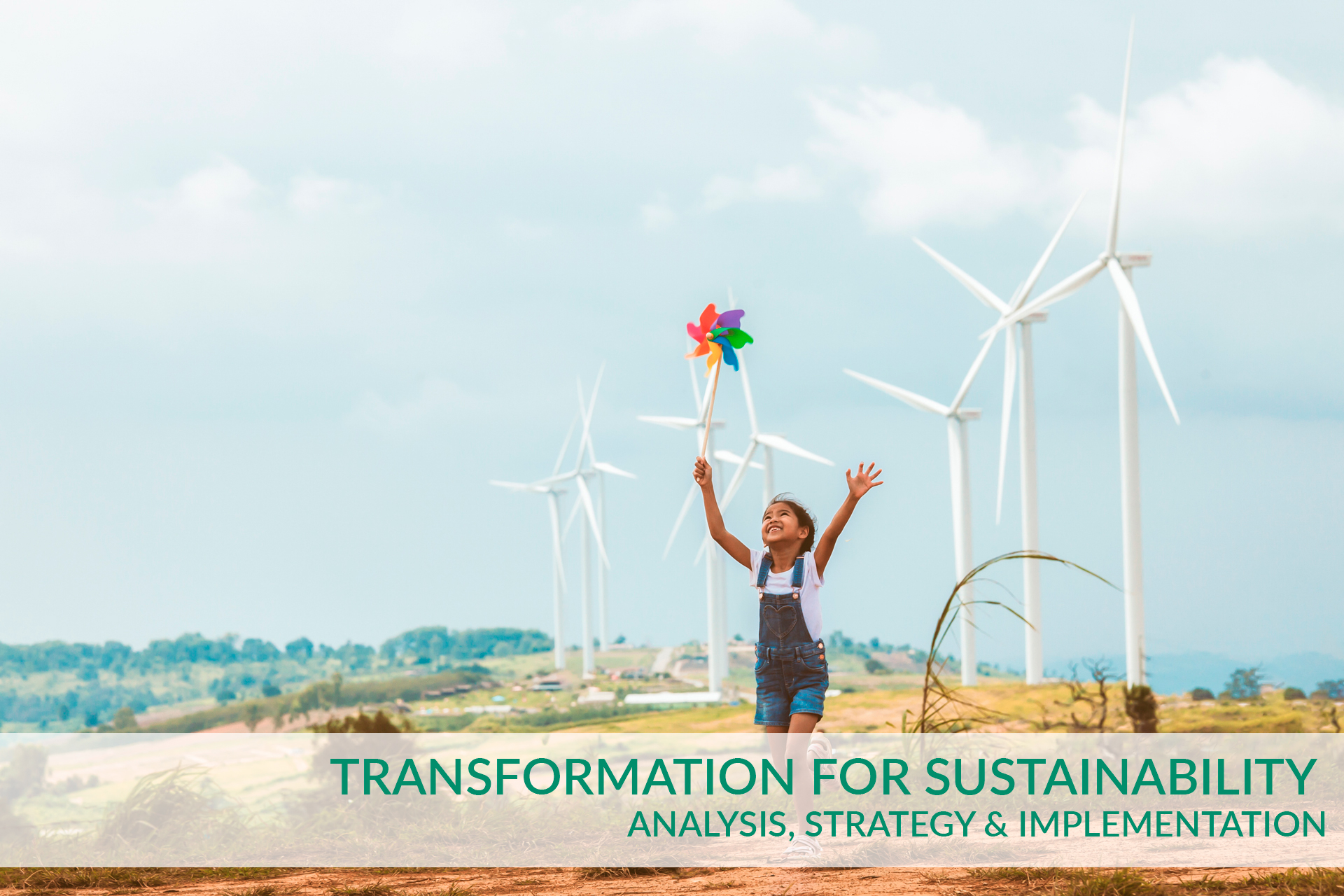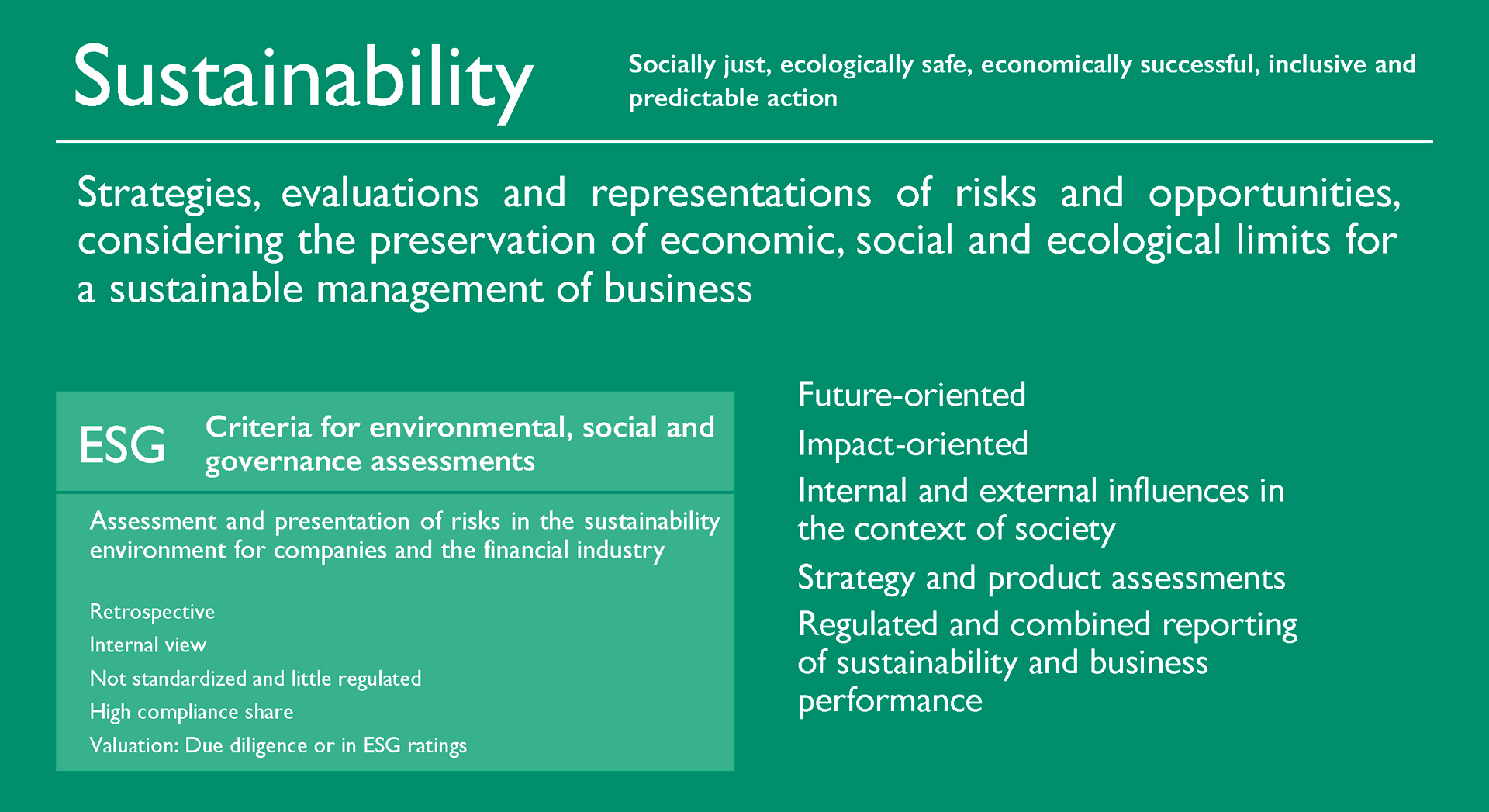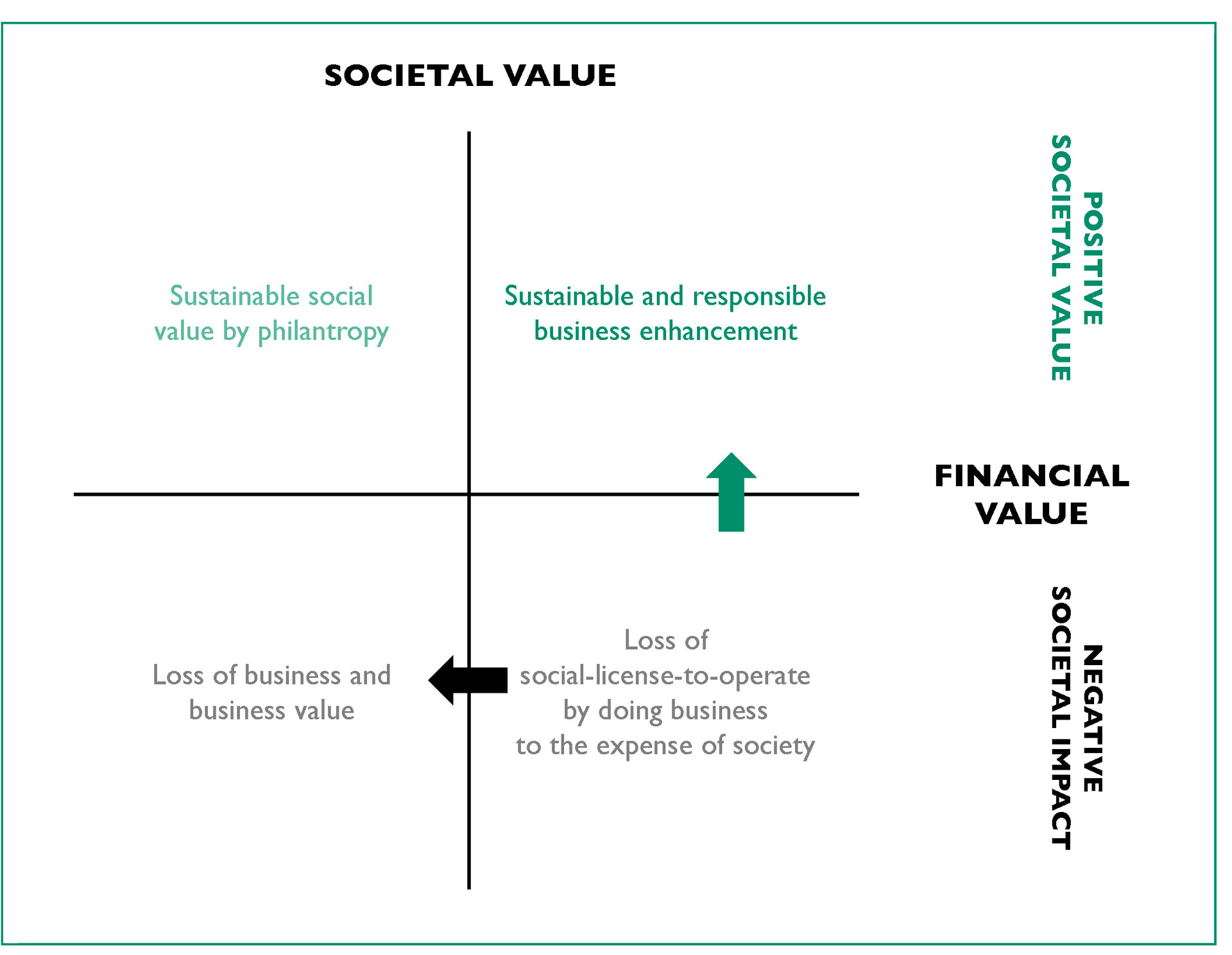
“Humanity has the capacity to sustain development so that it meets the needs of the present without compromising the ability of future generations to meet their own needs.“
Gro Harlem Brundtland
No business will be viable in the long run, if it does not achieve the balance stated above. Sustainability has to be part of a company‘s business strategy and business model. ELCH considers a company sustainable, if it uses its core business practices and strategies to create long-term environmental, social, governance, and financial value for itself, its stakeholders and society. Thus, our understanding of sustainability includes established ESG approaches, but then goes far beyond.


Sustainability has become a top-management priority. Regulatory requirements on companies (e.g. Corporate Sustainability Reporting Directive, Supply Chain Due Diligence Act, European Reporting Standards for Sustainability, Taxonomy…) are constantly increasing. Investors‘ expectations on sustainability performance are growing towards impact formats, and stakeholders and societies are effectively holding companies accountable for their actions. Acting sustainably as a corporate citizen has to become part of corporate DNA.
ELCH supports companies starting from developing sustainability strategies over sustainability reporting and impact valuation all the way to creation of new sustainable business models and implementing sustainable business strategies.
1. PESTEL – Analysis
PESTEL-analysis (political, economic, social, technological, ecological & legal) to identify sustainability expectations and requirements of key stakeholders.
2. ELCH – Analysis (As-Is-Analysis)
Describe sustainability status quo (data & information about supply chain, energy, scope 1+2+3 emissions, biodiversity, water, waste, etc.). Disclose available data, information sources, IT-systems, orga-nization, governance, compliance & current sustainability reporting quality & standards. Conduct compliance analysis (regulatory radar) to identify regulatory & legal requirements in all major regions.
3. Stakeholder and Double Materiality Analysis
Identify financial, ecological & social topics that are relevant & mate-rial for current/future business activities and prioritize in context of topics that are generating financial sustainbility impact to the company.
4. Business Opportunities & Risks
Identify & prioritize topics that are relevant for the profitable going concern of the business. Deduct business opportunities & risks and define actions to mitigate risks & capture opportunities.
5. Sustainability Goals
Set sustainability goals in relevant categories of environment, social, economic and governce subjects, e.g. climate, human rights, biodiversity, etc. Define ambition level (human & capital resources, time, SDG17 contribution, etc.) to achieve them.
6. Sustainable Business Strategy
Set purpose, products/ services, regions/ countries, principals/ suppliers, production/ technology, innovation, customers/ distribution channels, business model, targets & key performance indicators(finan-cial, ecological, social) – to achieve financial & sustianability goals.
7. Business integration
Define and install governance, accountabilities, organization, innovation, processes, management and IT-systems, data and information („how to configure“).
8. Impact & communications
Plan, budget, control and report (activities – input/ output, KPIs – outcome and especially financial, ecologicaland societal impact) and communications (internal and external), incl. Reporting.